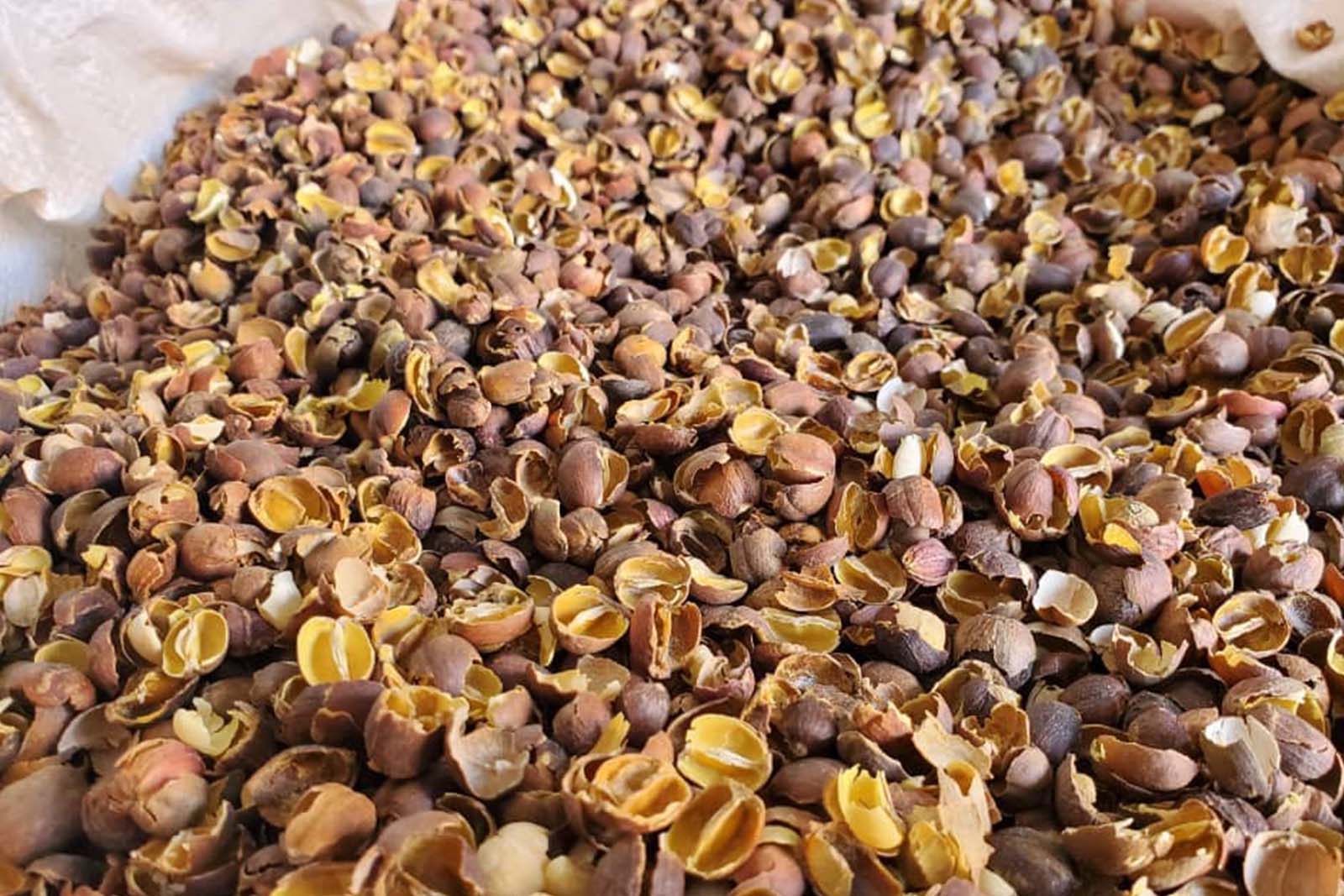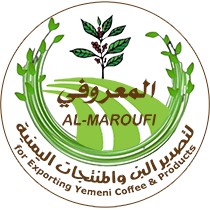
What distinguishes Yemeni coffee ?
It is the ancient and original cultivation of its tree, as well as the accumulation of farmers’ experience and the purity of water by relying on rain water and water barriers for rain water, as well as the method of drying the coffee fruit, the quality and fertility of the soil, and the nature of the agricultural climate for the cultivation of the coffee tree
Where it is grown in the valleys where the climate is warm and humid and in …



